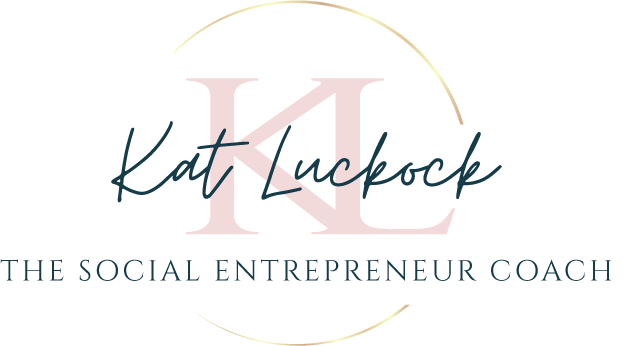Your unique impact story (part 5) - Stories bring data to life
Data and evidence is important but stories bring this data to life and speak to people’s hearts!
And there’s no better story than the one from your customers, clients or beneficiaries. Capturing their stories, experience and testimonials is essential to completing your unique impact story and creating compelling copy that attracts customers.
So you have no excuse to complete your impact story with examples of the impact you’ve created from the people who you’ve helped before.
Think about it what do you do before you book a hotel for your holiday – you look up what other customers are saying about it on TripAdvisor (or similar platforms). You’re looking for social proof that it’s ok or meets your expectations.
When a potential customer is deciding to purchase from you, it’s exactly the same, they look for social proof that what you’re offering is as good as you say it is. Having positive testimonials from people who have already bought the product or service which share their experience is very powerful.
Likewise, an investor or donor wants to ensure that you will deliver the impact you say you will and testimonials can provide that proof that you deliver on your commitments.
I have found that quality testimonials on my website, in my Facebook group and on other social media platforms give potential customers confidence that I am the right person to work with and invest in.
My approach to crafting testimonials…
Testimonials are all about telling a story. And taking a prospective customer from considering a purchase to taking action to purchase from you.
Testimonials can be from previous customers, clients or beneficiaries, depending on your business and who’s story you need share.
In order to do this you need to ask 5-6 questions which help the customer/beneficiary tell their story from where they we’re before they purchased from you, to where they are now after the purchase.
These questions should also:
Provide a context
Provide detail which make the individual/company relatable and ‘like me’
Be specific about what they purchased or invested in
Draw out some of the key things which you have identified as important for prospective customers/donors
You need to make it clear that you will use their responses to craft a testimonial. You will still use their words verbatim, but you may re-order what they say, or leave bits out in order to capture the key messages you want to communicate and in an order than makes sense, as a stand alone testimonial.
You will then send this back to them to agree they are happy with it, and that you haven’t mis-represented them in anyway. You will also confirm at this point where you will use the testimonial. Once they have agreed you are free to use it.
Two key questions for you to think about:
How you could collect these from the people you work with?
Where would you use them?
And finally my top tips for tantalising testimonials:
Name the person or organisation who’s giving the testimonial or at least ascribe them a description that relates to your target audience (so it’s someone like them they can identify with)
Add their photo / logo where possible
Don’t just ask them for a testimonial, ask them questions about the types of things you want them to reflect upon, that relate to the data your sharing and the story your trying to tell
Keep them short and too the point (this also goes for case studies)
Make them visible! Once you have them make sure you’re actually sharing them. Add them to your website, include them in your reports, post on social media.
That's it 5 days of content on how to create your own unique impact story to share with the world. Want to go back and read them all again? You can here on the blog.
If you found these email series helpful and want to learn more you might be interested in checking out my Impact Communications That Convert course. It's starts on Monday and I'd love to work with you on developing your story, your customer attraction plan and content plan so you get your story out to the people who matter - your target audience and potential customers.
I'll be back in tomorrow to tell you more about the course.
For now have a great weekend!
Kat Luckock is an Impact Strategist and Business Coach for Social Entrepreneurs
She is passionate about helping social entrepreneurs measure and communicate their social or environmental impact so they can confidently communicate: why they exist, the difference they make and why others should care.
She provides 1:1 mentoring & coaching, online courses, training, and done for you services (impact measurement and impact communications planning)
Want to find out more about how she could help you attract more customers and income? Book your free, no-obligation impact strategy call here.
